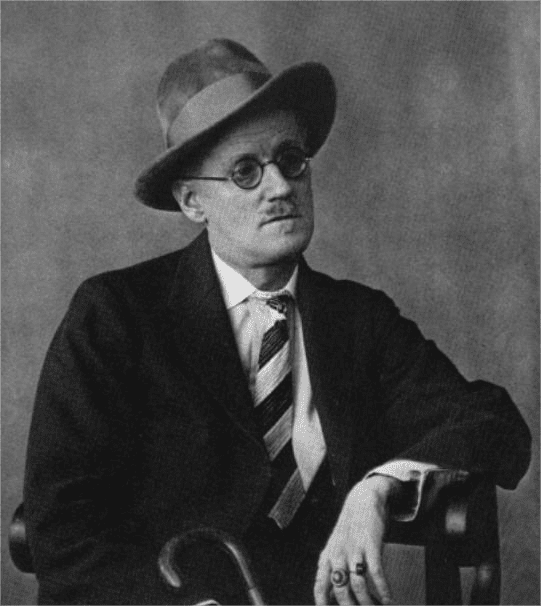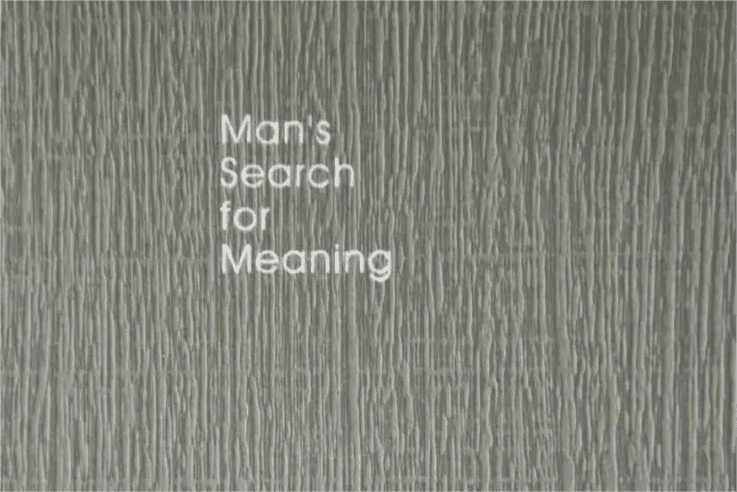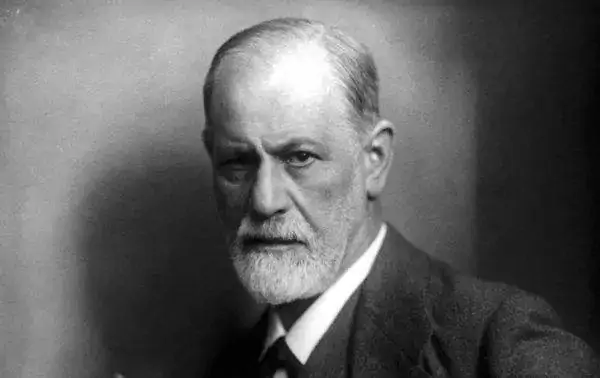With enough doubts, enough time, enough patience, and enough persistence, I spent a week reading the Long Farewell. On the afternoon when I finished reading it, the sun was fine and the wind was strong. I stood under the newly blooming winter jasmine and watched a few petals blowing in the wind, as if waving my hand to say goodbye to the trunk. Now I understand why Murakami read it so many times.
1. When God closes the door, he leaves a bigger door for you.
Every time you finish a detective novel, especially a mystery novel written in the first person, you can’t help but think of the author and the first protagonist of the play. What kind of person is he? How could he write such a story? So the first thing to do after reading this book is to immediately find out about the author of this book, Raymond. Chandler himself was a failed civil servant who fought in World War I, worked his way up from clerk to executive in a company, and then got fired because of alcoholism. When he was down and out, he appeared on variety shows like “Square Dancing”. He married a woman 18 years older than him and fell in love with her. He died five years later. When life gave the great writer a variety of jokes, he still opened the hang up, found the final position – a writer.
As the saying goes, when God closes the door for you, he will always leave a window for you. But the fact is, when God closes the door for you, he thinks you are a potential person. We should be grateful for such an opportunity, because as long as you have enough persistence to look for it, we can certainly find another bigger door left by God for you. Pleasure is often hidden in the depths of enough effort, get rid of the secular you will find the direction of flow in a time of obsession on the road, will find their own value positioning, as long as you set foot on enough hard enough hard enough obsession to resist the long lonely search road, will find the garden of happiness in the heart.
2, “pretend to force” is to maintain the table element of obsession.
Everyone’s real life is actually real and trivial, and most of the time it is even boring. This book is definitely a “fake” book. The author’s entire life can be seen as an obsessive and rebellious man, written in 1952 in bed with his sick wife, who is 18 years older than him. So the book is always filled with a strange and unearthly sadness, a mysterious and elegant drunkard, a lonely and obsessive private investigator, a glass of “screwdriver,” a man’s promise, a big dollar bill, a man’s friendship, There are also those scenes which seem to be long and common but interlocking mysteries in the author’s pen. Until the end, the context of the whole story is not closed. Only when the full text is finished, can an elegant “long-distance running” suspense form a beautiful closed loop. The whole book “pretend to be forced” after reading is sure to be repeated to enjoy the pen of those who are beautiful, a real man’s tough and unpretentious delicate description. He pours coffee, insults cops, drinks whiskey and cocktails, drives a car, plays chess…
3. Some “best” stories worth reading.
Many friends told me that the primary reason why I do not want to read novels by foreign authors is that the names of characters are difficult to remember, which does not quite fit the thinking mode of Chinese people. Moreover, all the names are similar, which is easy to confuse. Yes, this is an unavoidable fact of reading foreign literary works. Many names in “The Long Farewell” are also full of Chinese people reading the relatively difficult name barrier, but this book has a magical charm, you do not need to remember the name of the book, because the author will give you to write is presented in your mind a picture, you seem not to read, but to watch a movie, Each person in the author’s pen looks like a vivid person standing in front of you, the words will be automatically transformed into a scene while reading, and you will end up unable to remember the names of most of the books, but it doesn’t affect you at all to be shocked by the book.
Another reason why this book keeps you from taking a breath is that the author seems to be sitting right in front of you, having a drink and lighting a cigarette and slowly telling you a mystery story about goodbyes, and sometimes even getting up and showing you exactly what his characters look like, what they do, what they do, what they do. The people, the state of mind, and the philosophy of Dzeko’s thinking that will make you wonder again and again are enough to make you lose track of time.
The “most” of character description:
“His partner was tall, handsome, neatly kept, and had the refined malevolence of an educated thug. They had watching and waiting eyes, patient and cautious eyes, cold and disdainful eyes, the eyes of the police. They got them at the academy graduation.”
“By middle age, compassion and anger have long been left behind. He just wants to relax on an eight-hour shift. There doesn’t seem to be anything bothering him in his world.”
“Just then, a beautiful dream walks into the bar. For a moment I thought there was no sound in the bar. The elitist stopped talking, the drunkard on the stool stopped talking. It was like that moment when the conductor taps the music stand and hangs his arm up.”
“My self-esteem is different. It’s the self-esteem of a man who has nothing else.”
The “most” of scenes:
“He looked at me as if I were a cigarette end, an empty chair at best. It’s just something in his sight that doesn’t interest him at all.”
“I followed him out and closed the door. It was closed very lightly, as if someone had just died in the room.”
“He took a step towards me and tore off the remaining layers of honey. The soft lines of his face suddenly became hard ridges.”
“A small but unusually cold finger ran down my spine from top to bottom, like a frozen worm crawling.”
The “most” of philosophical thinking:
“Life is just one big circus.”
“It’s like playing chess or boxing. Some people you have to chase down, keep them off balance. Some people you just have to play with, and sooner or later, they’re going to fall on their own.”
“Law is not equal to justice. Law is a very imperfect mechanism. You hit the right button, and with a lot of luck, justice pops up. The intent of the law is simply to provide a mechanism.”
“It’s always the little things that make you angry.”
“You can’t treat a grown man like a child with a sore throat.”
In the 1952 novel, we can hardly see the old feeling of 60 years ago, as if everything happened recently, in the current summer. The popular detective novel, which seems to be cynical but with artistic temperament, has been popular for decades, and has been repeatedly acclaimed by Haruki Murakami, Maugham and many other great writers in the literary circle. What is the charm of the detective novel? A mystery novel with rigorous logic always makes the reader’s thinking slow down, the scene stops, the rhythm slows down, and all the sense of dislocation is prolonged. Even who the murderer really is no longer important. The vividness of the characters themselves and the shadow of the author become the most important reading point of the whole book.









